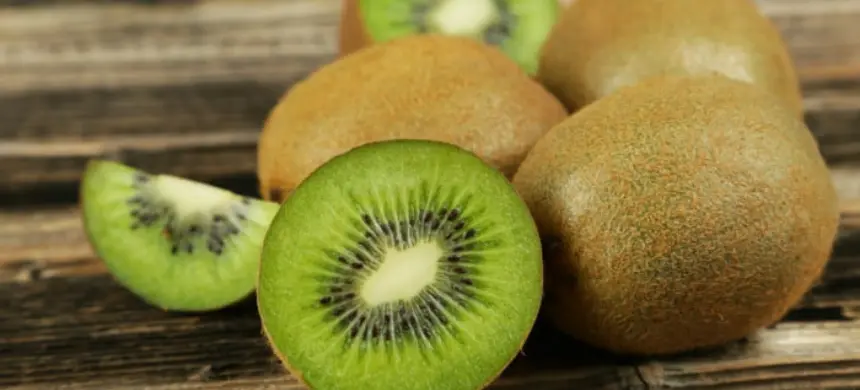Pakistan’s Kiwifruit Potential Highlighted at International Workshop in China
BEIJING: Pakistani agricultural experts attending an international training workshop on kiwifruit production in Sichuan have identified the country’s potential to become a significant player in the global kiwifruit market through collaboration with China.
A memorandum of understanding (MoU) was signed between the Sichuan Provincial Academy of Natural Resource Sciences and the University of Swabi, marking a promising start to Sino-Pak cooperation in kiwifruit production.
Dr. Ruidar Ali Shah from the University of Swabi stated, “Pakistan’s kiwi industry has immense potential for growth and development. With its favorable climate, rich soil, and abundant water resources, Pakistan can emerge as a key player in the global kiwifruit market.” He emphasized Pakistan’s strategic location, which allows for easy access to markets in the Middle East, Central Asia, and Europe, providing a competitive advantage.
Dr. Muhammad Akhlaq from PMAS-Arid Agriculture University Rawalpindi echoed these sentiments, noting that Pakistan’s northern and hilly regions have a climate suitable for kiwifruit cultivation, which requires moderate temperatures and adequate rainfall. He highlighted the growing demand for kiwifruit in both local and international markets, combined with Pakistan’s large agricultural workforce, as significant opportunities for developing a profitable industry.
Read More: Top 15 Fruits to Aid in Weight Loss Management
During the two-week workshop, agricultural experts from Pakistan, Egypt, Nepal, and Mongolia learned from China’s expertise in kiwifruit germplasm resource collection, new variety breeding, cultivation management, pest control, post-harvest storage, and marketing. Dr. Ruidar Ali Shah praised China’s advanced technology and industry in kiwifruit production, attributing its success to robust research and development, efficient irrigation systems, and effective supply chain management.
Dr. Akhlaq noted that techniques such as controlled atmosphere storage, mechanized harvesting, and disease-resistant varieties contribute to China’s market dominance. He emphasized that Chinese technologies and practices could be adapted to Pakistan’s unique climate, soil, and market conditions.
Moreover, China’s expertise in developing resilient and climate-tolerant kiwifruit varieties may assist Pakistan in addressing challenges related to climate variability, water scarcity, and pest control. Dr. Akhlaq also pointed out that the Belt and Road Initiative (BRI) provides a platform for both countries to collaborate on agricultural projects, including kiwifruit cultivation, and that Pakistan could benefit from exporting kiwifruit to Chinese markets as production scales up.











